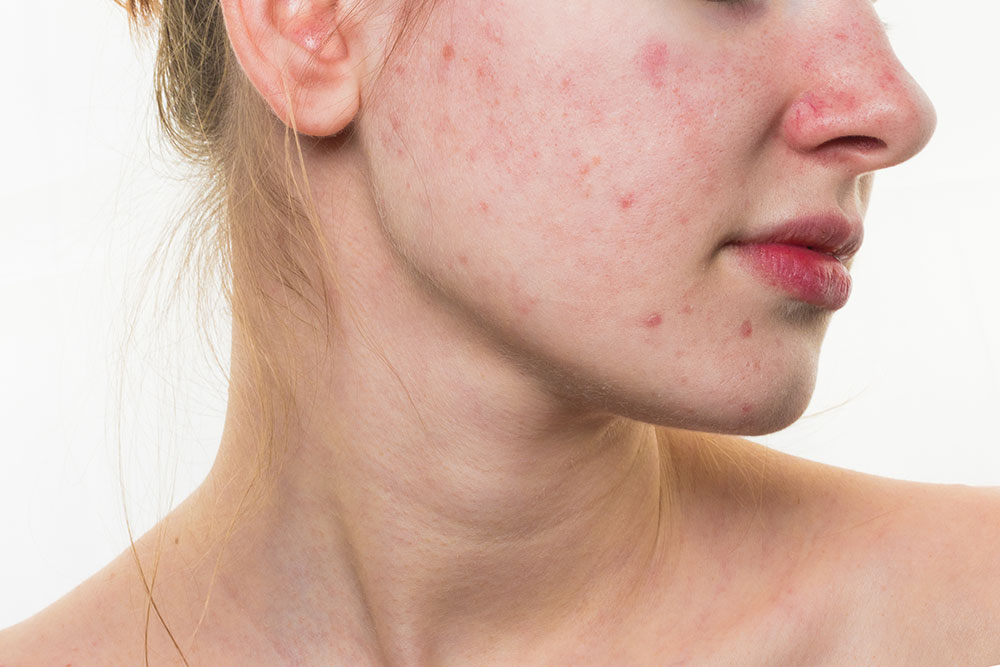
There are four major causes that cause acne; these are hyperactive oil glands, clogged pores, bacteria, and inflammation of hair follicles.
During times of stress and when a person is undergoing puberty, the affected hormones and enlarged oil glands also cause acne to be more prominent.
Acne can also affect persons in varying severities and can come in different forms. In order to know how to get rid of acne, it’s best to understand first what type of acne you have.
Acne falls under two major classifications, inflammatory and non-inflammatory:
Inflammatory acne
Papule – mild types of acne and appear as tender soft red bumps.
Pustule – these are small round lesions which are inflamed and contain pus.
Nodule – much larger types of acne with pus-filled lesions and are very painful.Acne
Acne conglobata – a rare type of acne but more serious, acne conglobata is usually found on the buttocks, back, and chest.
Non-inflammatory acne
Whitehead– small and form under the skin.
Blackhead – wherein you can see the presence of a dark pigment within the skin; and oftentimes appear very small and can be in minimal numbers or as a group.
Once you know what type of acne you have, it will help you to know how to get rid of acne. There are several types of medications and treatments on the market as well as some lifestyle changes you can make for getting rid of acne.
Here are some of them:
A gentle soap can help you reduce breakouts if you wash twice a day. This will help in getting rid of acne because throughout the day, as your skin is exposed to dirt, grime, pollution, sweat, bacteria, and cigarette smoke, this can cause acne breakouts.
A helpful tip which will not only keep you healthy inside and out but also get rid of acne is to exercise. Sweating will remove excess toxins from your body and restores hormone levels which will help how to get rid of acne.
Additionally, exercise is a great way to overcome stress, one of the things that trigger acne breakouts.
Benzoyl peroxide is affordable over the counter medication which is effective in helping you to get rid of acne.
However, this is only recommended for mild types of acne. Applying this after you wash your face and before you go to sleep can greatly assist in getting rid of acne.
You can also use salicylic acid as a regular treatment[acne treatment]; it’s effective for getting rid of acne. Remember that it must be used regularly; you may start having acne again once you stop using it.
Your dermatologist or doctor may recommend antibiotics to get rid of acne, especially if these are severe and extreme types. A common type of antibiotic prescribed for acne is tetracycline, but make sure that you don’t self-medicate. Some antibiotics will need extra care in usage, such as making you more sensitive to sunlight upon medication.
